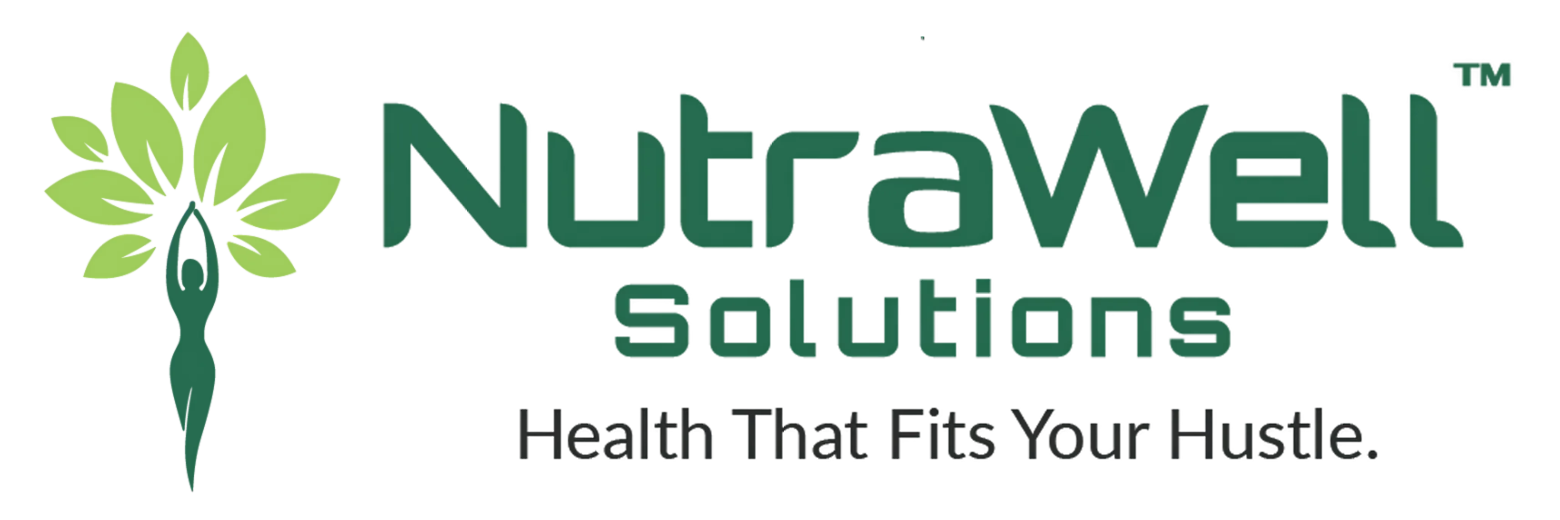When You Know What You Need in a Relationship
Once you understand the why behind being in a relationship—emotional support, companionship, intimacy, growth, and partnership—the next step is understanding what you personally need most right now, and whether your relationship is helping you meet that need.
From what many people experience, one of the clearest emotional needs that tends to rise to the surface—especially during stressful or transitional times—is the need to feel fully supported. Not just “loved” in a vague sense, but truly backed up. You want to feel like your partner isn’t just there for the good times—they’re in the trenches with you when life gets hard. That’s the difference between a romantic attachment and a true team.
Support doesn’t mean solving all your problems. It means showing up in the little ways—checking in without being asked, offering to help when they see you struggling, listening without minimizing your feelings, and sharing the emotional load. These small things build the kind of trust and emotional safety that make love sustainable.
But what you might be craving even more is partnership: that sense that you’re not walking this path alone. That your goals matter to both of you. That when you’re overwhelmed, your partner instinctively leans in to help you carry the weight, not out of obligation—but out of love and shared purpose.
And that partnership is most valuable during times of pressure. It’s during those moments—when you’re stretched thin, when your confidence wavers, when you’re unsure about your next step—that the strength of your connection is tested. Do you still feel like a team when everything else feels shaky? Can you depend on them to move forward with you, not just beside you?
When you’re aware of this need—whether it’s emotional support, encouragement, accountability, or shared decision-making—you start asking deeper questions:
- Can we grow into a stronger partnership together?
- Is my support for them being matched by their support for me?
- Are we aligned in how we face conflict, stress, and future planning?
These questions don’t have to mean something’s wrong. In fact, they often signal that you’re ready for more. More clarity, more intentionality, more depth. Awareness of your needs is a powerful step—because now you’re not just reacting to how things feel, you’re naming what’s missing and opening the door to honest conversations.
You don’t need your partner to be perfect. But you do need them to be willing—willing to learn how to love you better, to work with you instead of around you, and to see the relationship as something worth investing real effort into.
That’s what it means to be a partner—not just in title, but in action.
Because once you know what you need, the relationship either grows to meet you there… or it doesn’t.
And either way, you’ll know what to do next.
💬 Discussion Questions
These are reflection prompts to help you grow, lead, and take responsibility for your relationship experience:
- What can I do to clearly express my emotional needs in a respectful, non-blaming way?
- How can I become more intentional about asking for support before resentment builds?
- What small action can I take today to make my partner feel more supported by me?
- Am I contributing to the teamwork I say I want, or waiting for them to initiate it?
- What expectations have I set silently that I haven’t communicated openly?
- How can I show up more consistently when my partner is under pressure?
- What does emotional safety look like to me—and how can I help create it for us?
“The right question isn’t ‘Why don’t they…?’
It’s: ‘What can I do to strengthen the relationship I want to be in?’”





Leave a comment
This site is protected by hCaptcha and the hCaptcha Privacy Policy and Terms of Service apply.